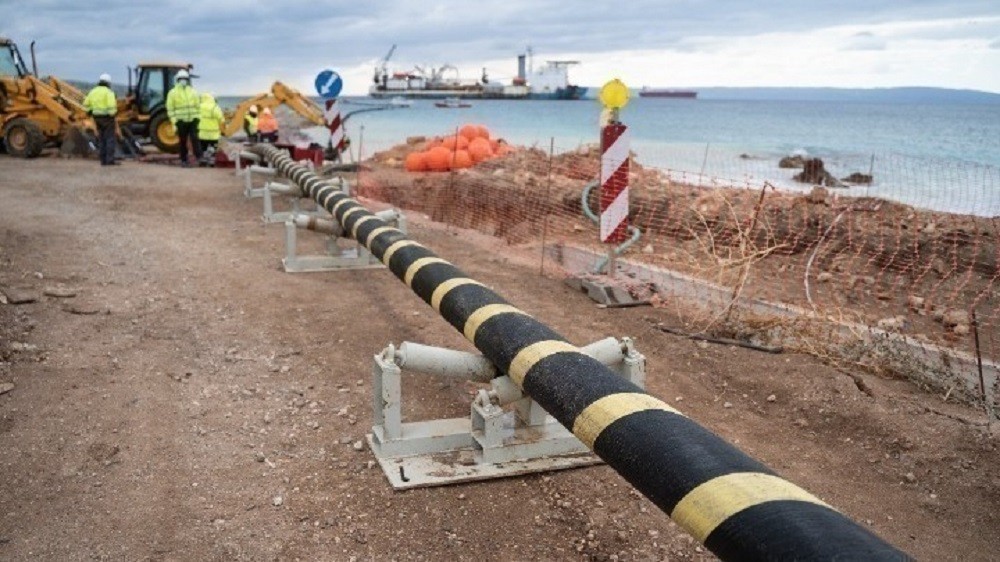
Advanced democracy is the answer to Cyprus’ economic woes
By Dr Aris Petasis
Not surprisingly: a.) the most economically competitive countries in the Global Competitive Index 2013/14 of the “World Economic Forum” are those with advanced democratic systems: Switzerland, Sweden, Denmark, Norway, Finland, Holland, etc., b) on the Happiness Index of the “World Happiness Report” of the UN (2013) the citizens of the above countries are the happiest and c.) on the «The Better Life Index» of the OECD once again the top positions are held by these countries plus other democracies such as Australia, Canada, etc.
These countries have in place advanced democratic systems that are characterized by: freedom, citizen trust towards government, social equality, political stability, flexible decision making and centrally high quality of governance. Citizens trust the state because the state respects their rights.
As regards the economy advanced democratic systems serve as the engines driving economies to development and growth. Democratic systems reward competence and encourage the inefficient to become more productive. Advanced democratic systems encourage polyphony and expression of divergent views which in turn help the decision-making process. Appointments and career advancement have nothing to do with ethnic origin or party loyalty. This means that if the best three candidates happen to be Turkish Cypriots (T/C) the constitution does not intervene to replace two of them with Greek Cypriots (G/C) ostensibly to promote “bi-communality” or visa versa if the top three happen to be G/C. In advanced democratic systems and economies ethnic origin and party-political affiliation play no role. On the contrary, reference to ethnic origin could land one in court on criminal charges. For fear of being ostracized and charged in court for undermining the democratic system politicians in true democratic countries would never dare talk about limiting the right of citizens to move and settle freely anywhere in their own country…
Advanced democratic systems unite people and economic activity, tax-payers, employees and the communities. Non-democratic systems divide people (G/C vs T/C.) Every citizen is entitled to compete for any civil service (or private) job s/he so wishes. The best are appointed to posts without regard to ethnic origin, color, gender, etc. True democracies do not discriminate through proportionality (e.g., 60:40) as such practices are divisive and ruinous for the economy (and here we are not talking about temporary measures to help a class of individuals find their feet.)
Any solution to the Cyprus problem that follows the mold of the Ghali ideas, the Annan Plan, bi-zonality, bi-communality, etc.,) will not only violate human rights with impunity but will for certain destroy the economy of Cyprus. Such solutions have nothing in common with the advanced democracies that one finds in competitive economies.
As regards the current economic crisis an undemocratic solution will simply ruin any chance of economic revival and for certain will exacerbate the current dismal economic situation. Such plans will create instability (a tomb stone to economic revival), permanent instability («guarantor” powers with invasion rights,) wastefulness (two employees per position to ensure G/C-T/C parity,) three governments (an irrelevant central government, a weak G/C and a subservient T/C government,) chaotic government (no flexibility: agreement between G/C and T/C needed on every major decision,) separate majorities, communal explosion (and not only) on account of continuous violation of human rights, etc. In other words all conceivable destructive forces will be waged against the economy of Cyprus using the vehicle of bi-communal, bi-zonal federation with the right of Turkey to invade Cyprus once again when conditions permit.
* Dr Aris Petasis is Vice Chairman, Board of Trustees, International Fund, Moscow State Aviation University
October, 2013

